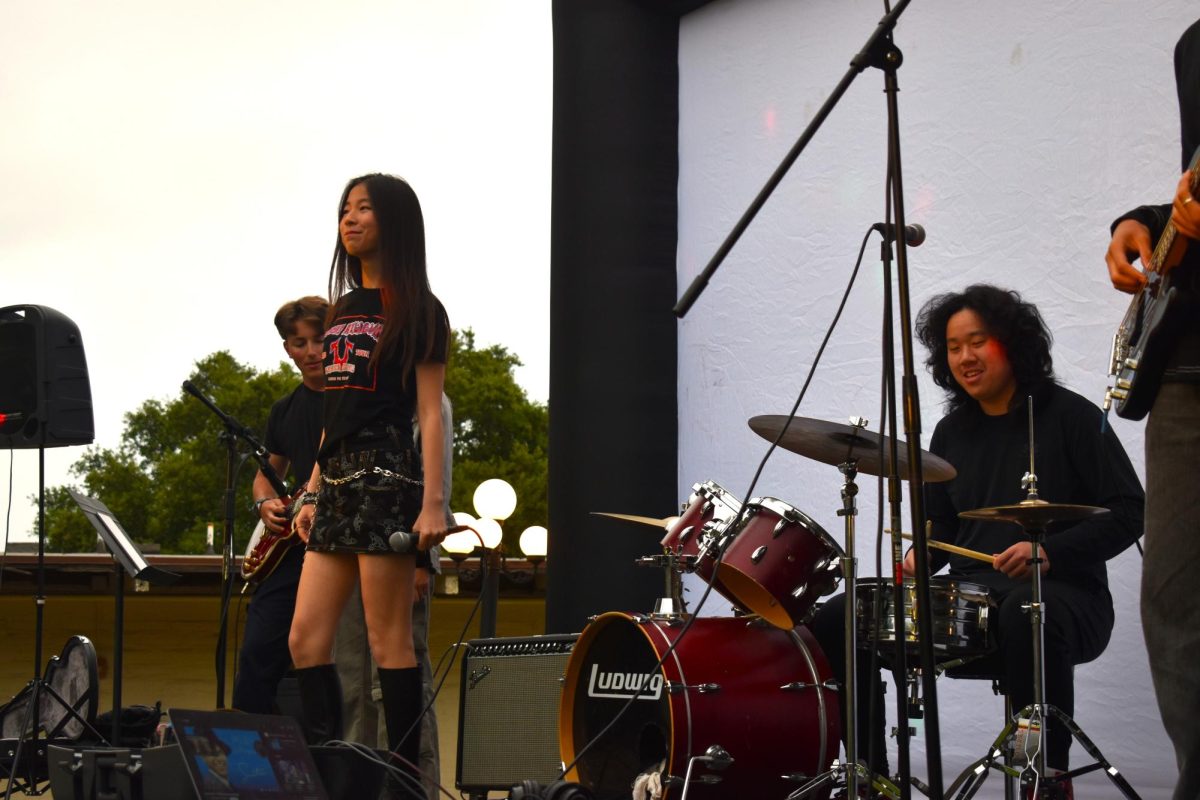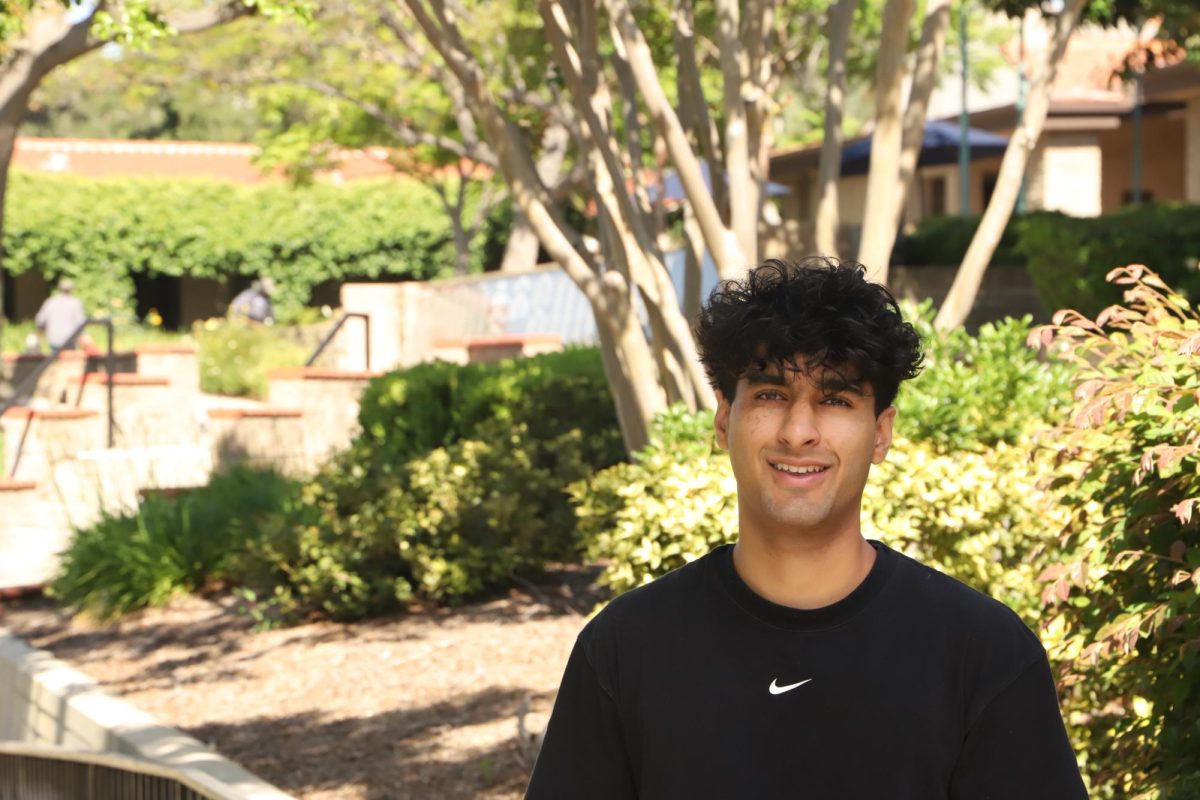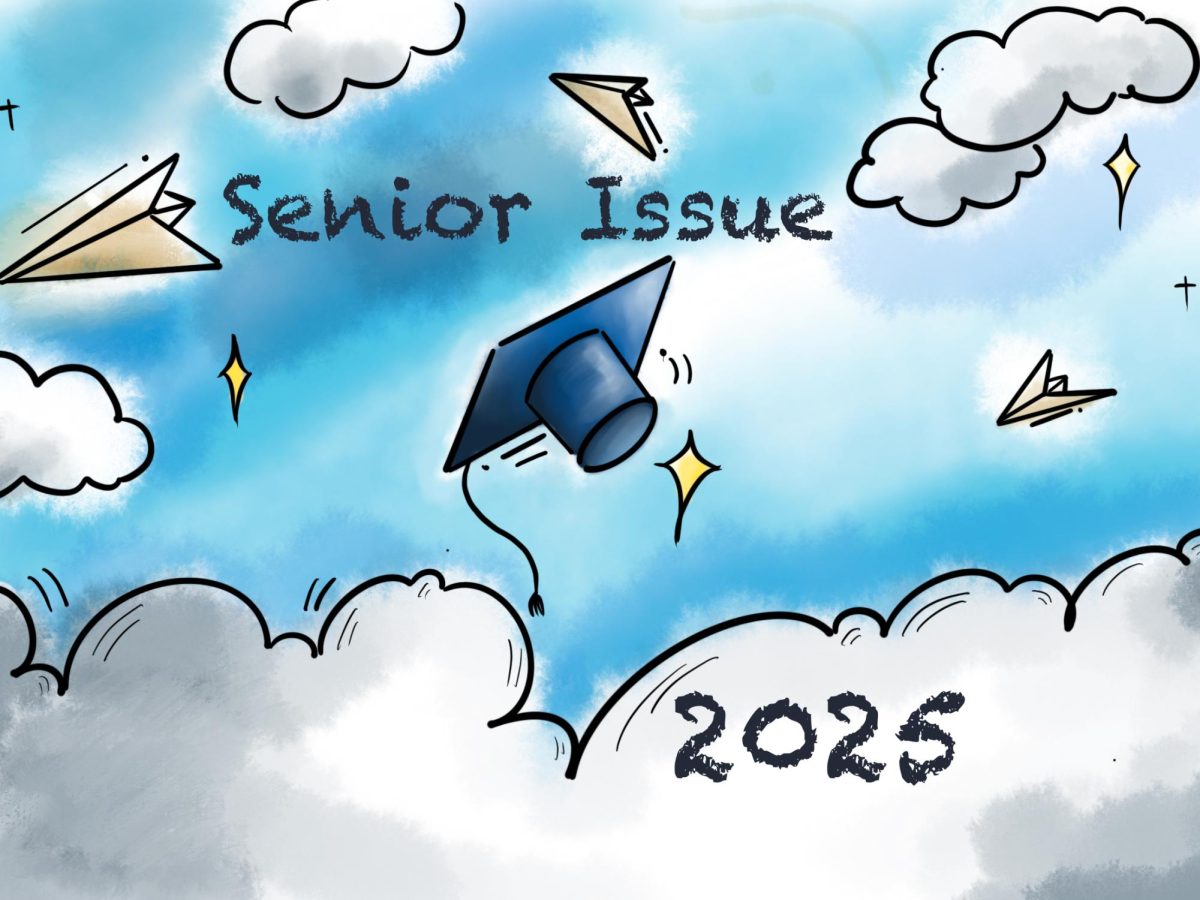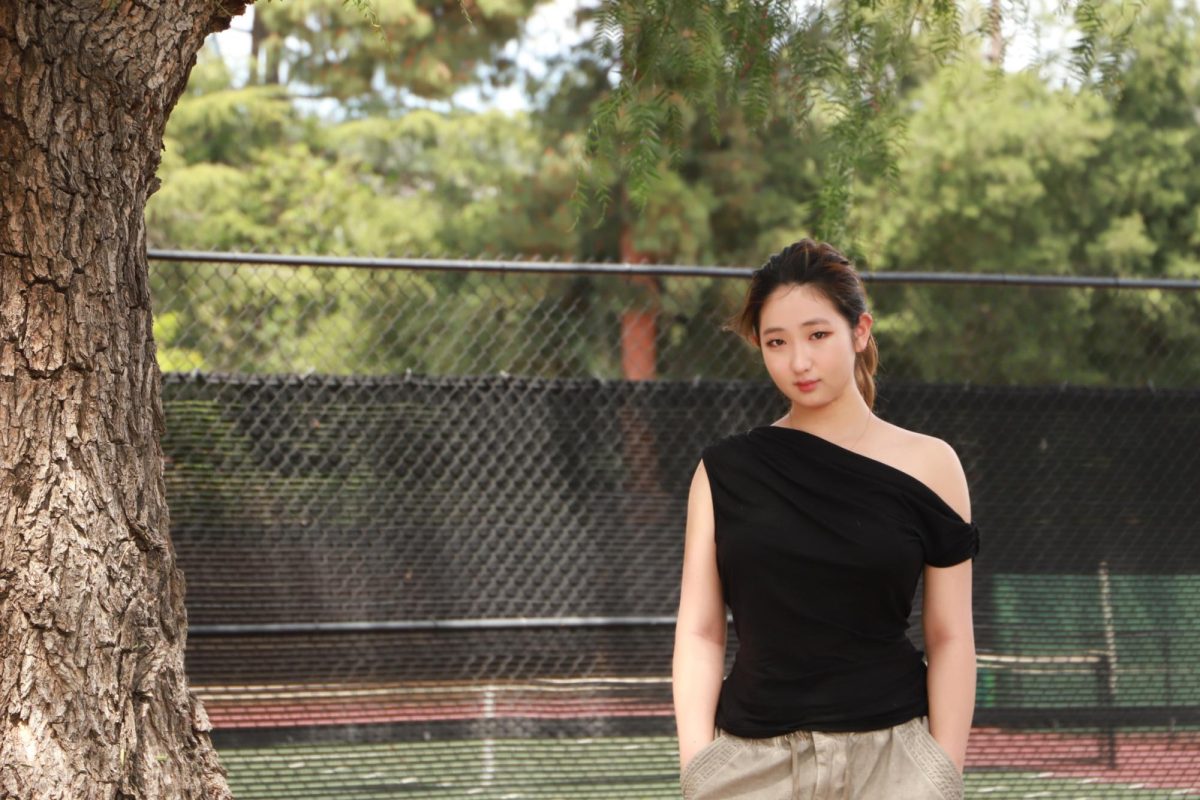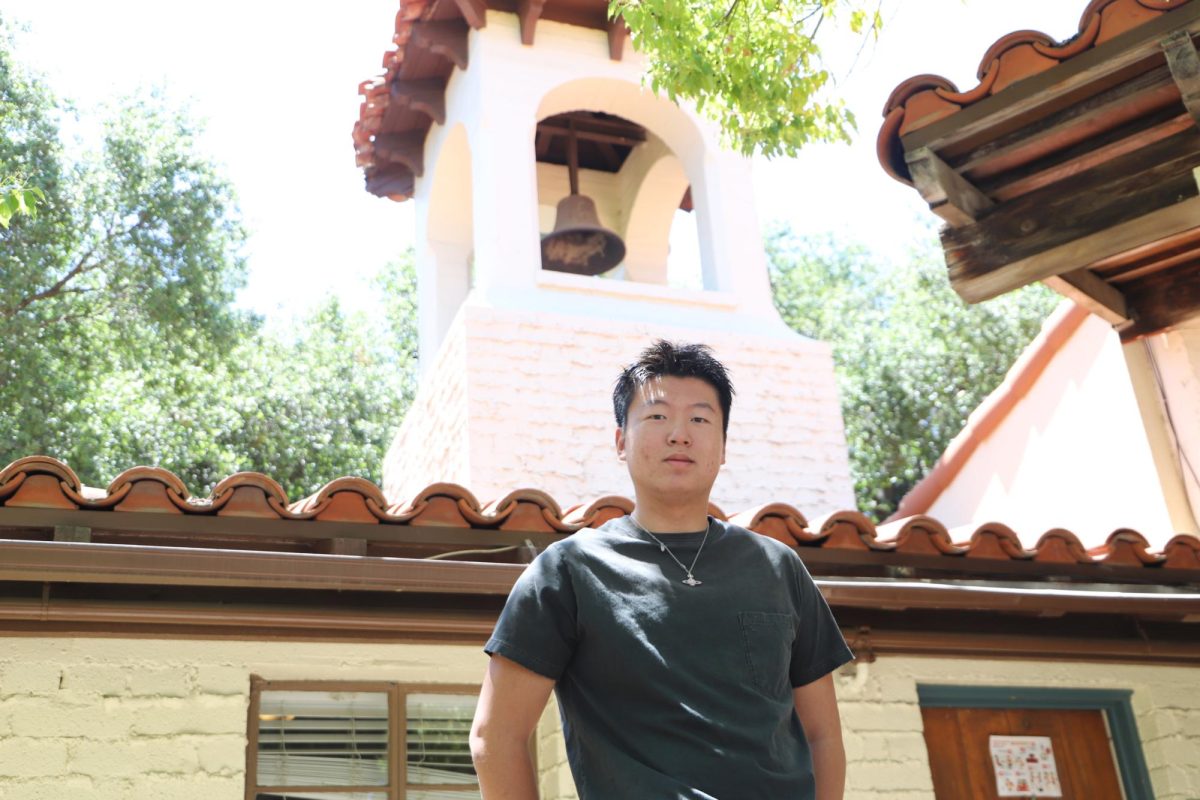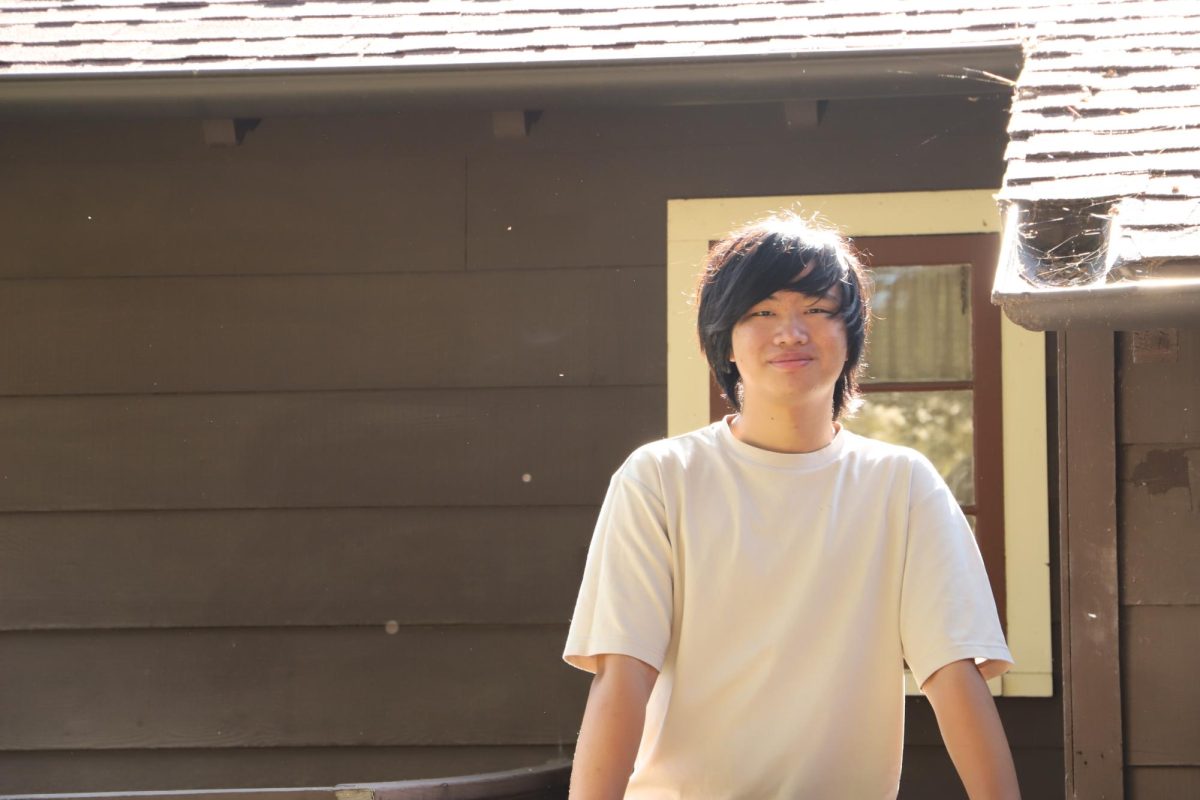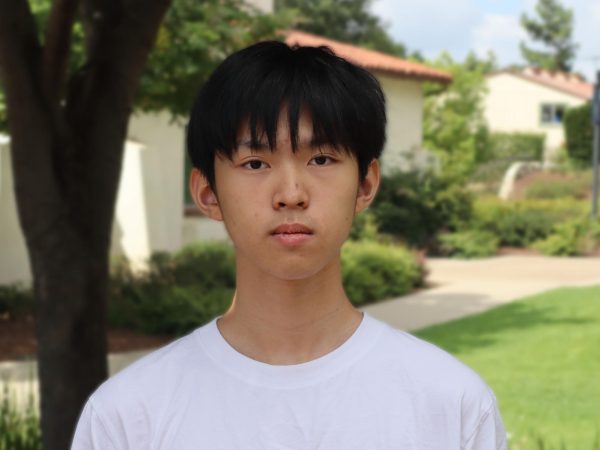Last week, Webb concluded its first semester, proceeding into the second half of the 23-24 school year. Along with the anxiety from the last couple of deadlines before grades were finalized, a new change brings forth a nascent encounter of joviality and rest.
The week before semester two began (yes, one month ago; timeliness is my disability) — as a means to transition into a new semester — Webb substituted a full cycle of classes for a “reading period,” during which all classes could not introduce new material or assign graded work.
Instead, students and educators reflected on the past semester and prepared for the future. This is the first time such a change has been introduced at Webb.
“Wind down days were already an idea formulated last year, something that Mr. Vos, Ms. Bauman, Mr. Choi and Mr. Hoe were involved in,” said Peter Hatala, Director of Studies. “I worked more closely on the focus of those days in class, to try and pivot material towards using class time for creative pursuits and reflection, taking stock of how students are doing academically, and finding creative uses to fill in that time.”
Webb’s calendar and schedule of the school days is usually roughly estimated four years in advance. This allows campus management to prepare for a rough schedule of how each school year will span out.
“One year in advance, we try to map out the various specific events that we experience throughout the school year, from where the breaks fall, to symposium days, to retreats, to campus events,” said Melanie Bauman, Director of Wellness. Ms. Bauman is a longtime member of Webb’s community, as well as a member of the committee that determines the schedule at Webb.
The wind-down days at the end of the semester align with Webb’s mission to relieve the burden of academic strain and stress of students in their various classes, a initiative that has been more prevalent within the recent few years.
“We have spent a number of years thinking about how to slow down the pacing of coursework at Webb,” said Bauman. “We’ve been making small tweaks over the years to try and unpack times of the year that were really busy, to try and pause at more strategic times of the year.”
Webb’s academic culture has always been particularly rigorous, providing a competitive and challenging environment. Webb’s student body also reverberates a strong desire for further academic challenge, and students constantly frequent how Webb should approach academics.
“We find it important to direct towards learning and exploration,” said Mr. Hatala. “We want students to focus on learning and passions, and to pursue learning for the sake of learning, as success comes naturally that way.”
The general stress at Webb has drastically shifted within the recent years, a resulting effect from the previous pandemic and the increasingly strenuous academic climate throughout the nation. As these shifting changes permeate campus, Webb increasingly responds to these changes.
“Stress in life is natural, and we can use that stress to spur into action,” said Mr. Hatala. “However, unhealthy levels of stress can be extremely detrimental. A lot of students are driven by external rewards, and take upon an academic schedule that leads to burnout. We want students to pursue learning for exploration and passion, to turn towards more internal motivations.”
External rewards, as expressed by Mr. Hatala, refers to motivations more closely related to transcripts, grades or objective menageries that look good on a resumé.
“2021, and the years after we all returned to campus, were clinically the most extreme years I have ever seen,” said Ms. Bauman. “Everyone was still coming back with a lot of concern over health, holes in how to manage social and communicational issues.”
In recent years, the nation has experienced a large spike in symptoms of anxiety, depression, and other clinical changes regarding mental health.
“Over the last four years, we’ve taken more comprehensive surveys regarding various issues and concerns we have over health and wellbeing. We’ve just received early results, and there will be a future opportunity to share and present the data,” said Bauman.
The survey results, taken earlier this school year in November, have finally been fully tabulated, according to Bauman. The statistics, averages, and conclusions over various categories and demographics will be released and shared in an assembly later this year.





